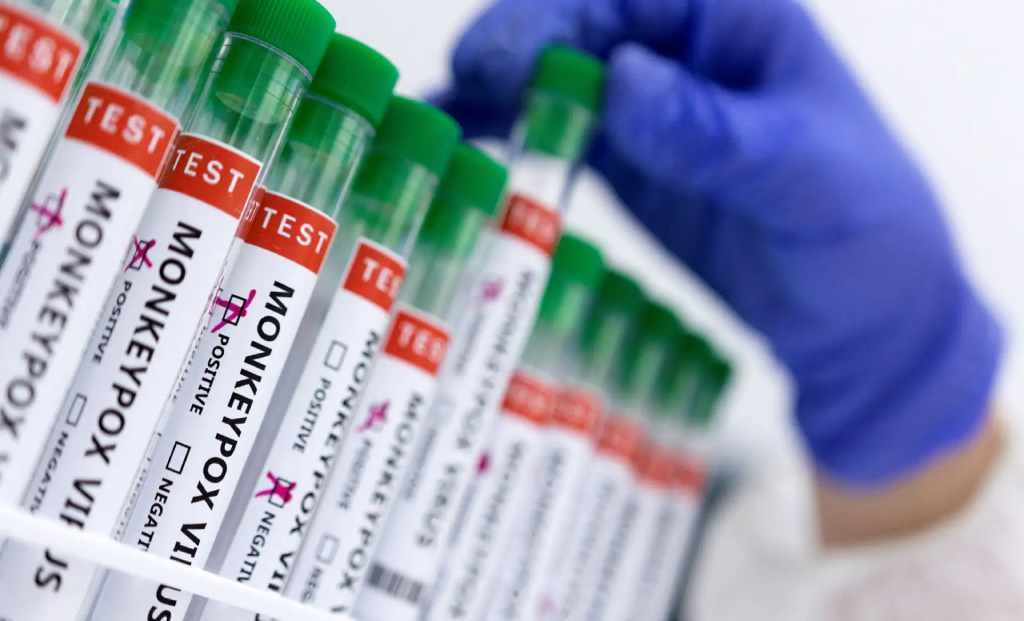Fortis Hospital expert provides comprehensive information on Monkeypox symptoms, transmission, and prevention
In a recent development, the World Health Organization (WHO) has declared the ongoing Monkeypox outbreak a global emergency, sounding the alarm for countries around the world, including India. Dr. Arvind Kumar, Director HOD of Pediatrics at Fortis Hospital Shalimar Bagh, sheds light on the crucial aspects of this infectious disease, emphasizing the importance of awareness and preventive measures.
Monkeypox: Understanding the Disease and its Symptoms
Monkeypox is a zoonotic disease caused by the orthopox virus, primarily associated with rodents despite its initial identification in monkeys. The disease manifests through symptoms such as fever, headache, body aches, painful rash, and swollen glands.
Severity and Fatality: Assessing the Risk
While Monkeypox typically presents as a mild illness, certain groups, including small children, pregnant women, and individuals with compromised immune systems, are at a higher risk of developing severe symptoms and complications.
Modes of Transmission: How Monkeypox Spreads
Monkeypox spreads through close contact, skin-to-skin contact, and droplet infection. Direct contact with an infected person’s rash, scabs, body fluids, as well as sharing clothing and bedding can contribute to transmission. Additionally, tiny droplets from activities like kissing and cuddling can also facilitate the spread of the virus. Pregnant women can even transmit the disease to their unborn babies.
Prevention and Treatment: Key Measures to Combat Monkeypox
While there is no specific treatment for Monkeypox, infected individuals can be managed at home through self-isolation in a well-ventilated room. Basic care measures include taking paracetamol for fever and pain relief, maintaining proper hydration, applying soothing agents on skin lesions, and seeking eye care if required. Maintaining high hygiene standards and avoiding crowded places can help control the further spread of the virus.
Prevention Measures: Protecting Against Monkeypox
Several preventive measures can significantly reduce the risk of Monkeypox infection. These include avoiding close skin-to-skin contact with infected individuals, refraining from touching their rash or scabs, using gloves and masks when providing care, avoiding the sharing of utensils, clothing, and bedding, washing soiled clothes with detergent, and practicing thorough hand hygiene with soap and water or alcohol-based hand sanitizers.
Serious Complications, Diagnosis, and Treatment
In rare cases, Monkeypox can lead to complications such as corneal involvement, encephalitis, sepsis, pneumonia, and secondary skin infections. Diagnostic tests are available through government agencies and the National Institute of Virology, while specific medicines for Monkeypox treatment are limited, with some smallpox medications potentially used in severe cases. It is important to note that certain individuals may have a degree of protection if they received the smallpox vaccine before 1978.






